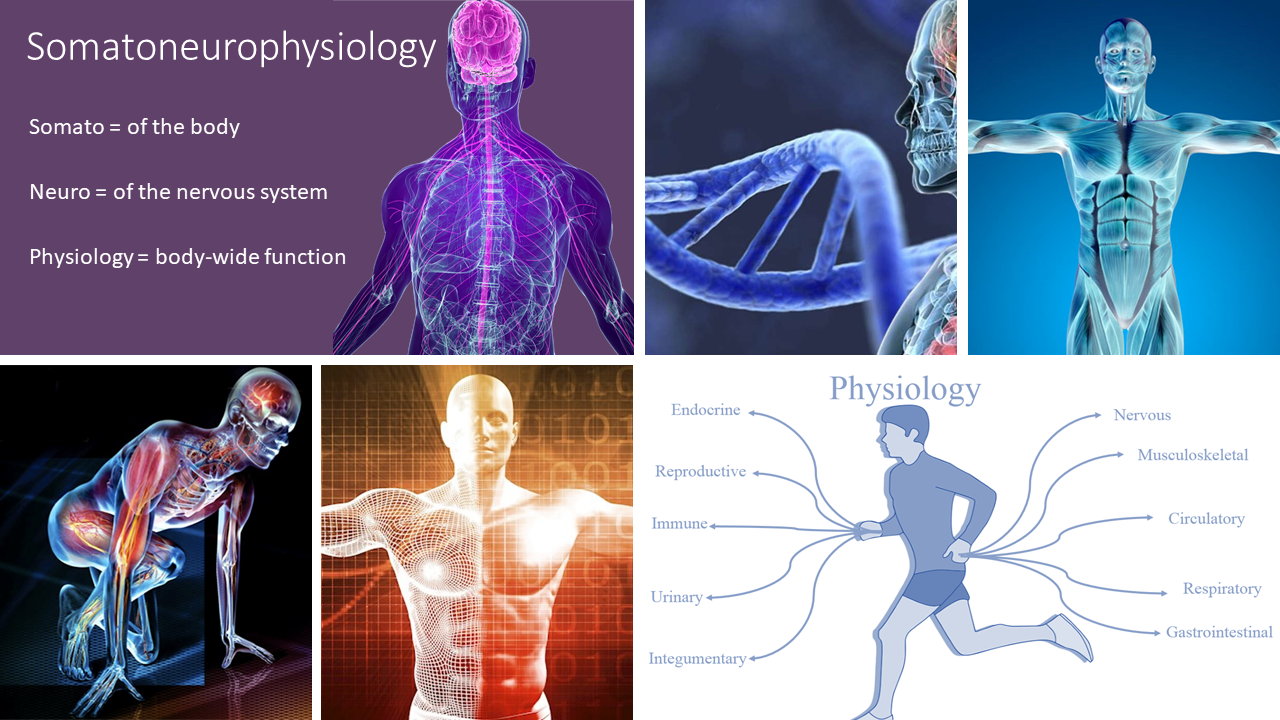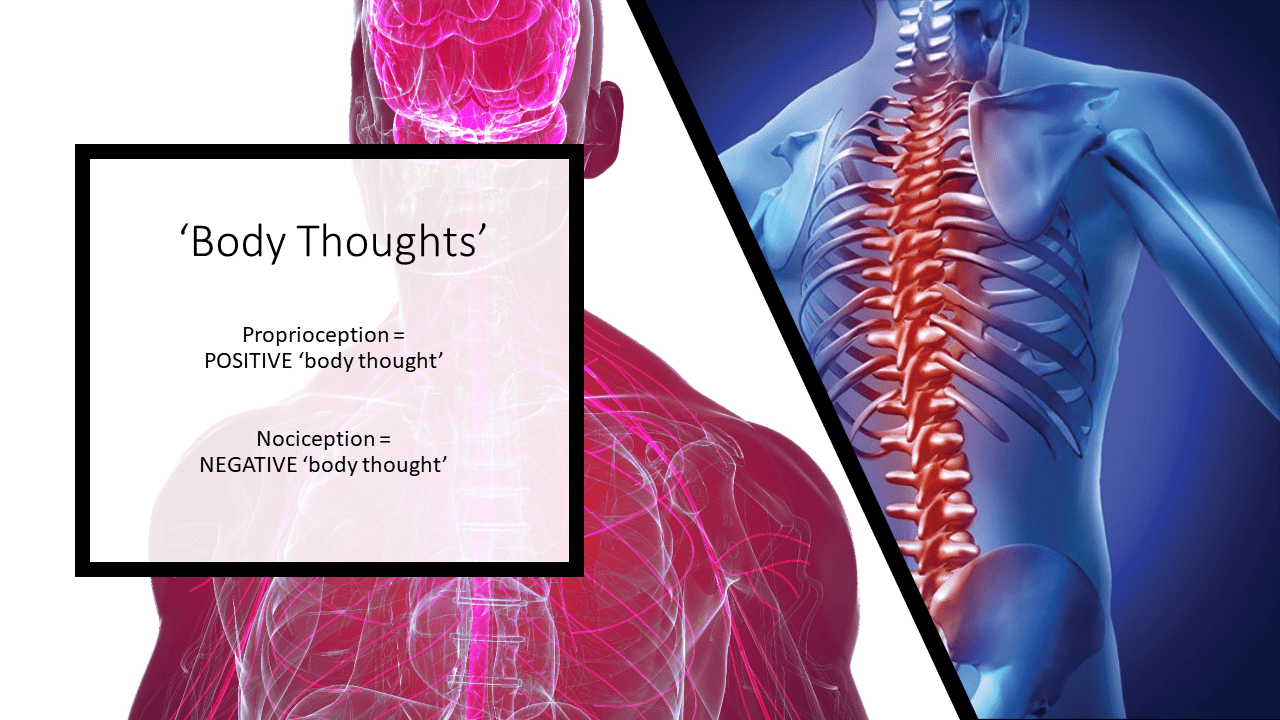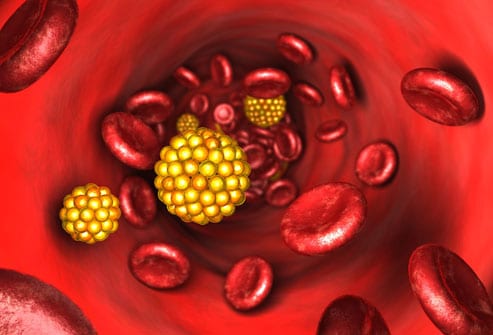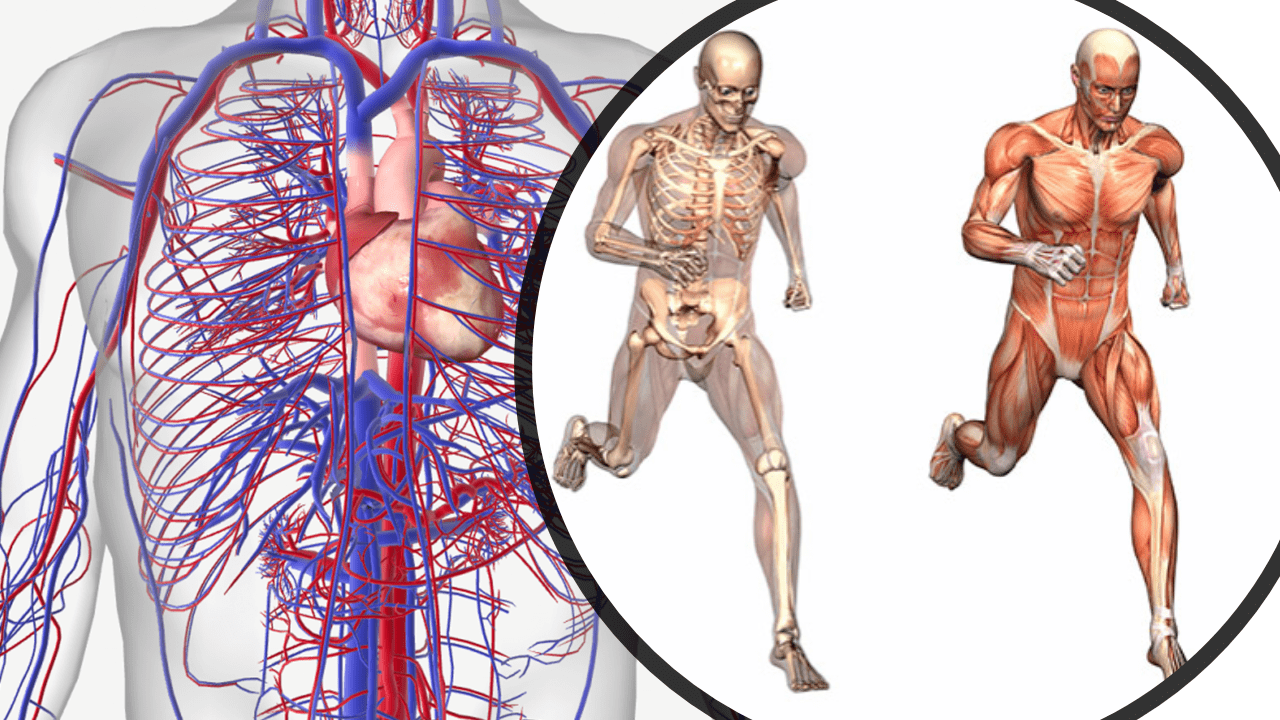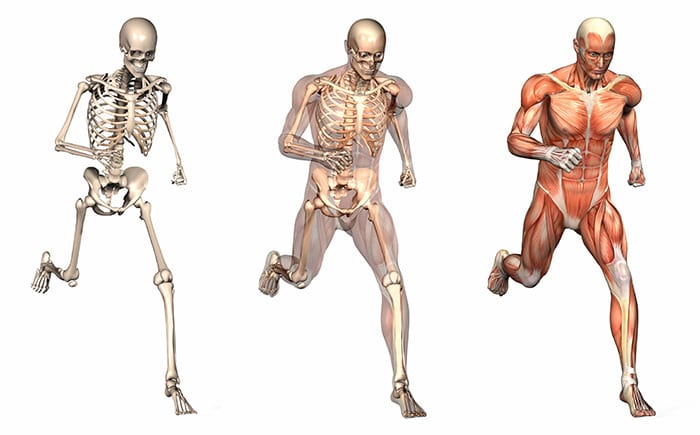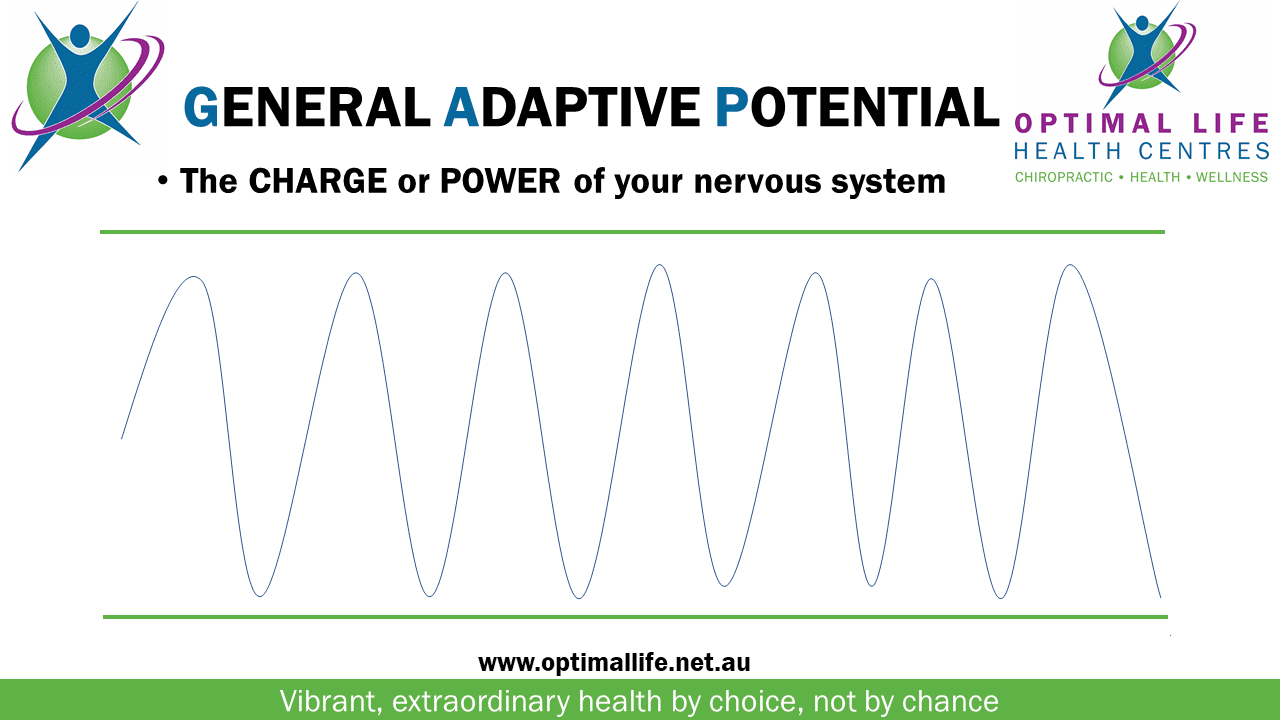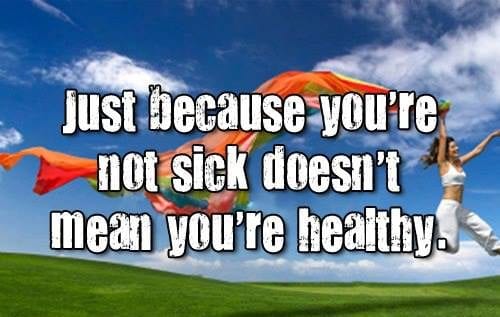The term somatoneurophysiology, while seemingly a very complex word, comprises three elements and shows the inextricable link between unconscious feedback (sensation) from body wall/structures (such as joints and muscles) and the resulting impact on whole-of-body function. It borrows from the huge field of psycho-neruo-immunology which describes the power of mind and mental activity on the … Read more
Function
The term ‘body thoughts’ has been coined to simplify somewhat complex neurological terminology and make these topics easier to understand. The concept of a positive thought is obvious. We understand what it is, and elsewhere on this site we have explained the brain pathways by which they directly reduce the stress reaction in our body … Read more
Probiotics (the ‘good’ gut bacteria) are essential for full health. Prebiotics (if you’re confused by the term) are the nutritious fibre-dense foods that are the ‘food’ of the probiotics themselves! The gut is such a vital part of our health. It is such a critical area of what we do with Vibrant Life Key #2 … Read more
Healthier amounts, types and proportions of fats in our blood can be developed with appropriate levels of movement. A ‘Lipid’ is the technical name for fats and oils. Blood lipids are the relative amount and proportion of fats, cholesterol, and other molecules that they form which are found in the blood. Clearly this is a … Read more
It is obvious that if you exercise more, you have a leaner, trimmer body, with less fat storage and better functioning, more developed muscle – this gives us a healthier body composition that also ‘looks’ better. Body composition is in many the ‘holy grail’ for many – how we look is often (erroneously) used as … Read more
It is common sense that movement (exercise) is essential for maintaining good cardiovascular function – heart health, blood vessel health and keeping blood pressure in a healthy range. An improvement of heart and blood vessel health toward homeostatic (healthy) function can only occur as the result of the genes responding to healthier levels of environmental … Read more
Insulin sensitivity is critical in human health; one of the primary factors that contribute to ideal levels of Insulin sensitivity is appropriate levels of movement. We’ve commonly heard the word ‘Insulin’ a lot in common conversation – we know it as the ‘diabetes’ hormone, yet it has many more roles than reducing blood sugar levels. … Read more
One of our colleagues Patrick Gentempo coined the term ‘General Adaptive Potential’ (GAP) to explain how the flexibility of our nervous system determines if stress will have potentially good, valuable effects on our health and well-being or if we will pay a price for the stress load we are experiencing. Hans Selye, one of the … Read more
Remember that the best way to define “health,” is not by using symptoms as a marker – in fact this is a particularly bad way to define your level of health! Symptoms are no more than warning signs of the true dysfunction (and they often come about only when your ability to adapt has hit … Read more
Four Levels of Health Psychology: We’d like to credit our colleague Dr Martin Harvey for describing these four levels of Health Psychology. There is a continuum of ‘belief’ in our society (and culture) about: what health is, what is actually ‘means’ to be healthy, how important health is to maintain, and what are the best … Read more

